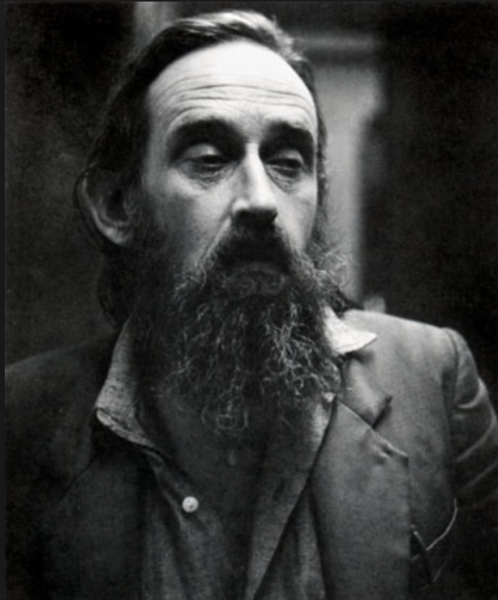
The Poet’s Lament (they crucified Baxter at Easter)
A Pakeha poet lay dying
In a paddock south of Auckland
And #MeToo caught up to him and said
“I reckon You’ve had it, man!
He snarled back beard bitten brittle
“Oh you who dwell in tweets of learning
I think I smell the Outrage Olympics Burning
The feminists are at the gate
The censors of the Welfare State –
With the jawbone of an ass I’ll whack em
My verses were banned once before in Craccum
I’ve fallen under the censor’s curse
Because Miss Glubb acquired no knowledge
Of sexual play at Training college”
You became the man who masters pig island
about a damaged love we all dread
Secrets like ropes of sand, have shouted truth despite you being dead
You lie this day with honour shred
And what you showed
Was mud and blood and fire,
With the Yanks and the Reds taking turns
Murdering the poor again.
On Calvary Street you lost your soul
Where bright as blood hypocrisy bloom,
And pagan fetishes bent in double
Your empty tomb now drowned in trouble
Where our collective souls have been driven mad,
Learning you raped National Mum and killed Labour Dad






A sad tale. A late friend knew him well and told of a deeply troubled and troubling character, definitely a flawed individual. My friend refused offers to be at Jerusalem because it was a flawed idea by a flawed man at a flawed time.
I have no real appreciation of poetry, who knows what genius and value there is in his works. What I do know is that whatever was there yesterday is the same today, it is cast in letters on paper.
There is no exoneration for Baxter, his crimes live on with his victims. That said, what is new we did not know before? What can be gained from fresh outrage?
I met him once – he was a friend of my parents, a brilliant poet I have no doubt of that but a deeply flawed man and ultimately a bastard to some vulnerable woman.
“upon the upland road
Ride easy, stranger:
surrender to the sky
your heart of anger”
How does one separate the brilliance of the poet from the nature of the man?
Andyw: “How does one separate the brilliance of the poet from the nature of the man?”
I wonder if we need to. Baxter isn’t the first notable to be found to have had feet of clay. And I’m sure that he won’t be the last.
However. As you say, he was a brilliant poet; let’s just pay attention to that, and leave his past to lie where it is. In any event, nothing can now be done to ameliorate his misdeeds.
A film of the great ballad poem ‘Lament for Barney Flanagan’, made with the permission and blessing of his widow, the notable poet in her own right, Jacquie Sturm.
https://www.youtube.com/watch?v=s7A6nc5jXBY&t=163s
He or she without sin may cast the first stone.
Comments are closed.